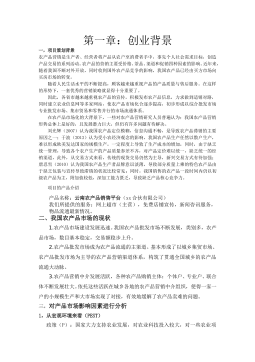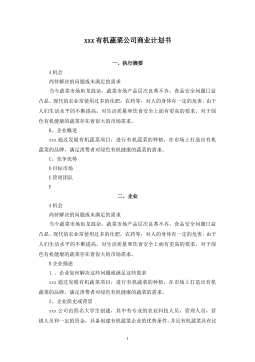我国书号管理问题研究
摘要书号,本来不过是对出版物进行识别的标识而已,但在中国的特殊国情下,书号的本质已经异化,更多的是作为政府调控出版业的杠杆。作为一项具有中国特色的政策,通过对其历史、现状及其未来进行分析,可以窥见政府对出版业管理的轨迹及未来走向。我国书号管理政策的沿革,大致可以分为三个阶段。自1956年至1987年间,对书号的管理由统一到标准,日趋完善。期间,买卖书号、一号多用等问题浮出水面,成为业界顽疾,国家虽然三令五申,但未能令行禁止。有鉴于此,我国自1994年起开始实行书号总量调控政策,政策虽有其历史必然,但却不可一成不变。在原有政策一定程度上制约了出版产业的发展之时,我国于2008年试行书号实名申领制...
相关推荐
-
10KV电网D-SCADA 系统信息采集与故障诊断研究与设计VIP免费
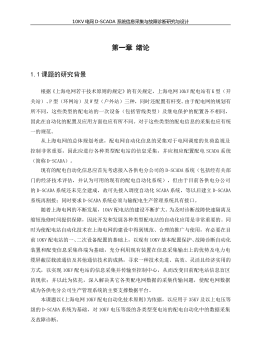
 2024-10-14 24
2024-10-14 24 -
方形吸顶散流器平送风等温射流特性研究VIP免费
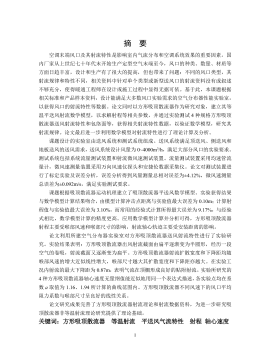
 2025-01-09 7
2025-01-09 7 -
关于充液声导波传感器中频散兰姆波的研究VIP免费
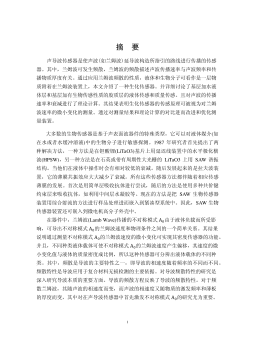
 2025-01-09 10
2025-01-09 10 -
结合梁斜拉桥施工过程中考虑剪力滞影响的分析方法VIP免费

 2025-01-09 6
2025-01-09 6 -
空调房间热舒适性的数值模拟与实验研究VIP免费
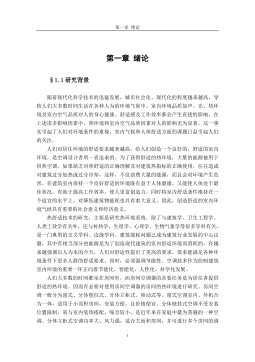
 2025-01-09 7
2025-01-09 7 -
汽车前轮线控转向系统研究VIP免费
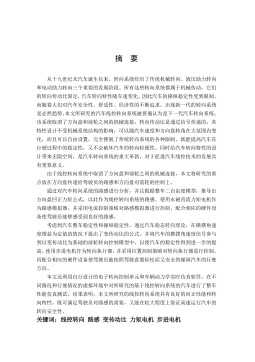
 2025-01-09 8
2025-01-09 8 -
输入分配型混合动力车辆动力系统控制策略研究VIP免费
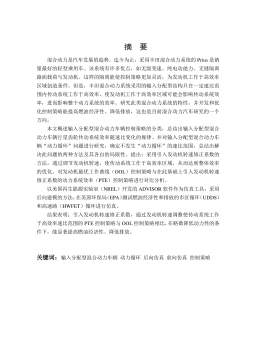
 2025-01-09 7
2025-01-09 7 -
双馈风力发电系统的柔性并网控制研VIP免费
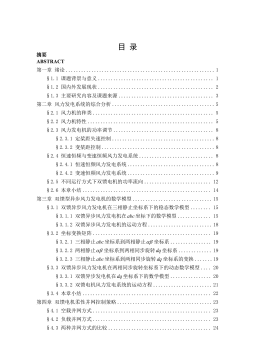
 2025-01-09 9
2025-01-09 9 -
污水处理厂污泥好氧堆肥发酵技术的试验研究VIP免费
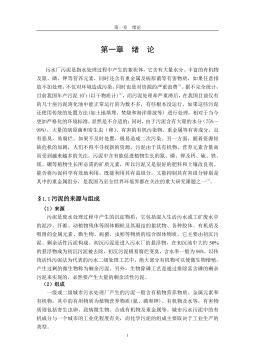
 2025-01-09 7
2025-01-09 7 -
应用风室试验装置的风机性能VIP免费
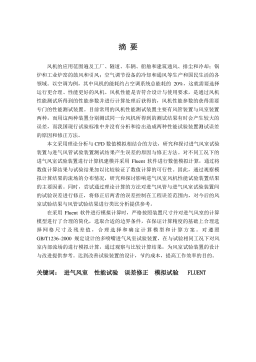
 2025-01-09 8
2025-01-09 8
相关内容
-

汽车前轮线控转向系统研究
分类:高等教育资料
时间:2025-01-09
标签:无
格式:PDF
价格:15 积分
-

输入分配型混合动力车辆动力系统控制策略研究
分类:高等教育资料
时间:2025-01-09
标签:无
格式:PDF
价格:15 积分
-

双馈风力发电系统的柔性并网控制研
分类:高等教育资料
时间:2025-01-09
标签:无
格式:PDF
价格:15 积分
-

污水处理厂污泥好氧堆肥发酵技术的试验研究
分类:高等教育资料
时间:2025-01-09
标签:无
格式:PDF
价格:15 积分
-

应用风室试验装置的风机性能
分类:高等教育资料
时间:2025-01-09
标签:无
格式:PDF
价格:15 积分


